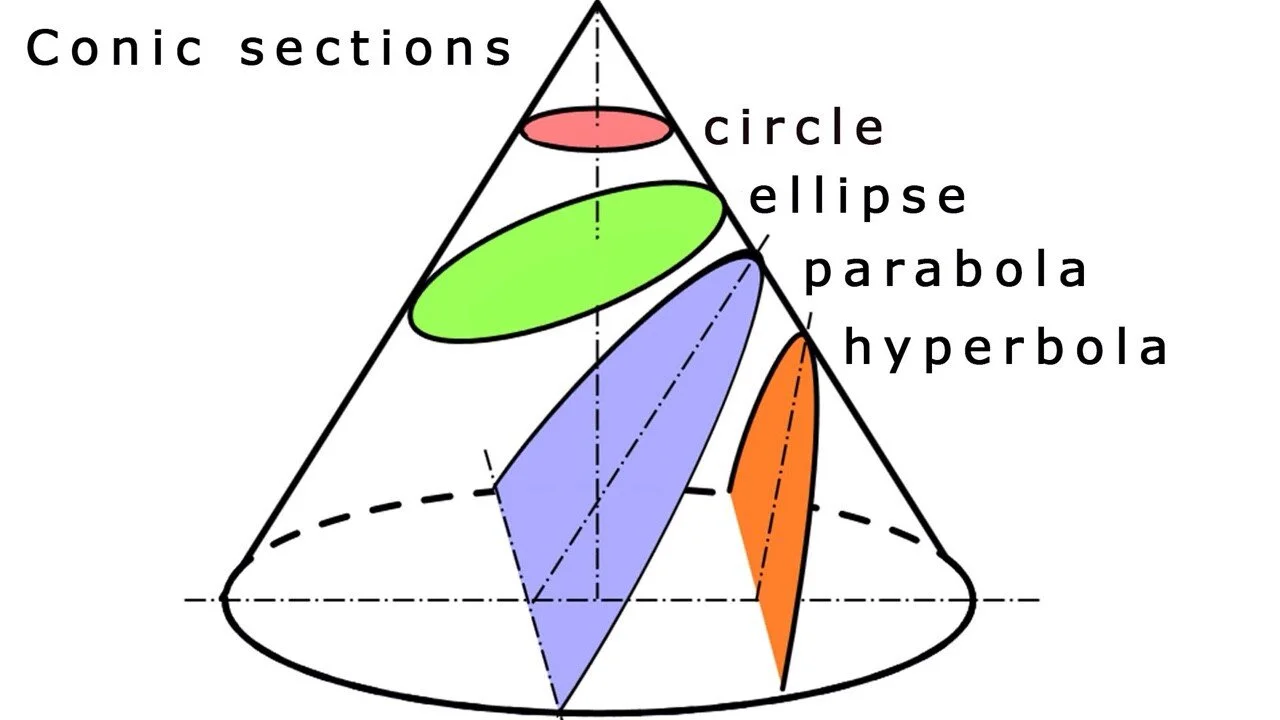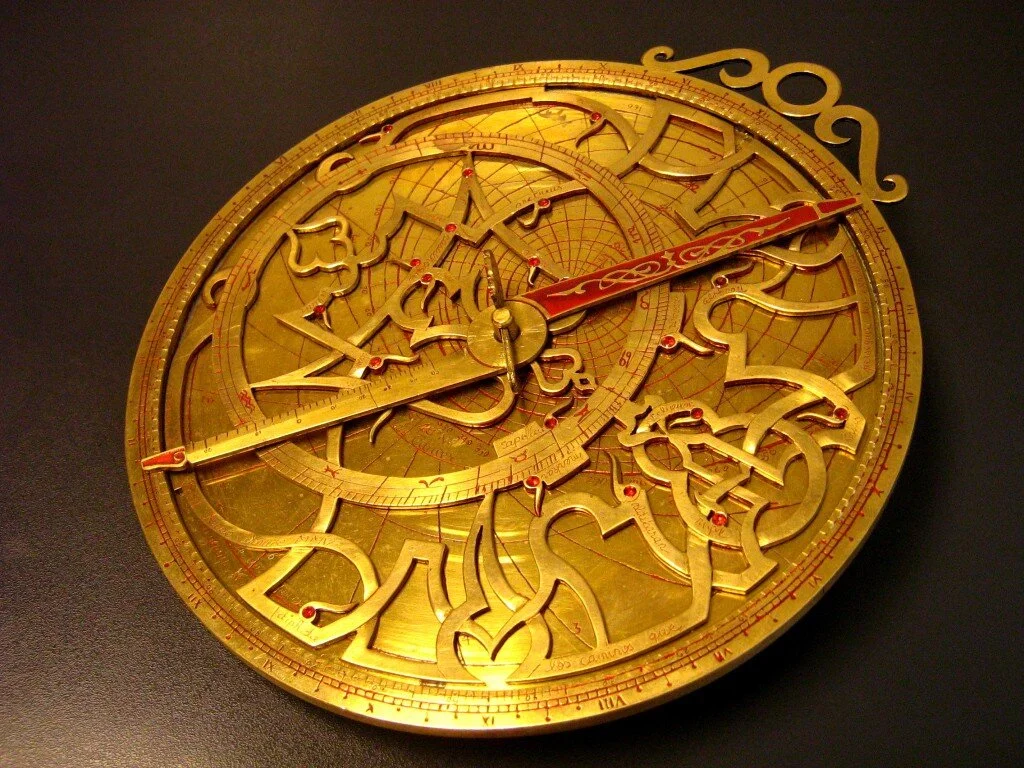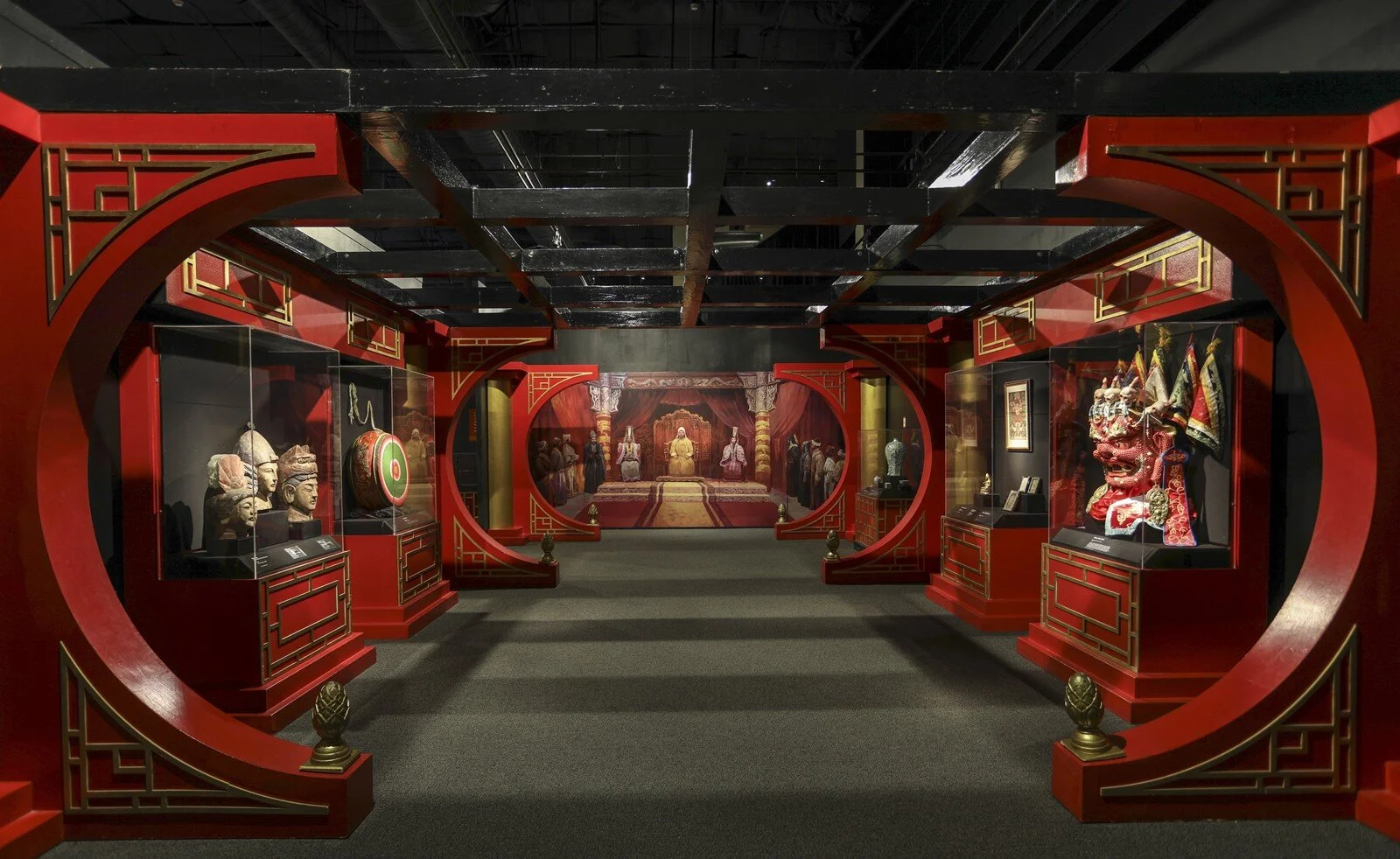She Learned, She Taught, She Was "The Greatest [Person] Of All Time" - Hypatia
Apart from being from the ancient world, Hypatia thrived as a female scholar. She taught students all over the Mediterranean, was a popular teacher and lecturer, and was the first stance for women power. She was a different and independent woman, brave enough to do what she did, and influenced many. She also had many accomplishments throughout her life. As most of the stories we have had from ancient times were about men and the lives and journeys, a lot of Hypatia’s story is not known. We know nothing about her family other than her father, the eminent Theon of Alexandria. Here are the few things that we know about Hypatia.
Accomplishments
Apart from being considered the greatest mathematician, astronomer, philosopher, and lecturer of her times, Hypatia was influenced by previous authors’ books. She commented on their works and added her opinions and also tried out their theories herself. One of the famous works she has commented on includes mathematical terms. There are 4 mathematical terms demonstrated by cutting a cone into different pieces.
Conic sections by Hypatia
Within the field of mathematics, she made several advancements with her work on conic sections by editing On the Conics of Apollonius and developed the ideas of hyperbolas, parabolas, and ellipses. These ideas were established by dividing a cone with planes in different ways. A very popular idea throughout all of the history of mathematics.
She also helped invent the barometer and constructed astrolabes and hydrometers. She made her own astrolabe for home usage to map the stars at night. We use barometers and hydrometers to measure air and water pressure. We must take into consideration that she stood on the shoulder of others to get to the point of success.
Astrolabe
Magnificent Computer of the Ancients
Different/Outlier
Hypatia stood out in many different ways. She was the first female mathematician, astronomer, philosopher, and teacher. She also was non-religious, making her stand out in a society consisting of mainly Christians. Hypatia also did not marry any man, because she thought that her “motherly duties” and housewife chores would get in the way of her lecturing and studying. Many of these traits led to her tragic death.
Bravery
Hypatia was probably the bravest woman of her times. She stood for what she believed in, she went to study the deepest concepts of mathematics, and she is a woman still remembered, from ancient times, today. She surged a new idea that women can be as great as men and that if anyone does something great (that does not mean good necessarily), he or she will be put down in annals. She also was the first woman that studied deeply in the great halls of Alexandria’s libraries.
Influence
Apart from being a “world-wide” teacher, Hypatia had a great influence on religious beliefs. Although she was not religious herself and devoted her life to the field of study, Hypatia had influence over many Christians she taught. Synesius, who later became a bishop, was a former student of Hypatia. Later in her life, Hypatia would be murdered for being accused of having ties with Orestes, a Roman prefect, and stopping him from reconciling with Cyril, the bishop of Alexandria.
On the streets of Alexandria, Egypt, a mob led by Peter the Lector brutally murdered Hypatia, one of the last great thinkers of ancient Alexandria. (Mary Evans Picture Library / Alamy)
Read more: https://www.smithsonianmag.com/history/hypatia-ancient-alexandrias-great-female-scholar-10942888/#wPUFmTSGAdBv8Itb.99
You may know Hypatia as a woman who lived in the 4th and 5th century A.D. and tragically died when murdered by a mob of Christians. That is only the last thing that happened to her in her life. She made barometers, astrolabes, and even helped in inventing the hydrometer. She also lectured students all over the Mediterranean and commented and revised works by previous philosophers and mathematicians. She herself was a mathematician, philosopher, and astronomer.
Hypatia, the first female mathematician, not to mention astronomer, philosopher, and teacher, was a real Egyptian-Greek genius. She lived in the famous library of Alexandria, taught many students that would later be famous, and made many instruments. Wow, can you believe that? This all happened in the year 370 c. to 415 A.D. I doubt that many other G.O.A.T. candidates can top her. She is, really, the ultimate G.O.A.T.
Books about Hypatia:
Hypatia: The Life and Legend of an Ancient Philosopher
Of Numbers and Stars
The Wisdom of Hypatia: Ancient Spiritual Practices for a More Meaningful Life
Hypatia: Explorer of Geometry
Hypatia: Roman Aus Dem Altertum
Hypatia of Alexandria: Mathematician and Martyr
Sources for my information:
Deakin, Michael. “Hypatia.” Encyclopædia Britannica, Encyclopædia Britannica, Inc., 12 June 2018, www.britannica.com/biography/Hypatia.
“Hypatia.” Wikipedia, Wikimedia Foundation, 30 Oct. 2018, en.wikipedia.org/wiki/Hypatia.
“Hypatia.” Brooklyn Museum: The Dinner Party by Judy Chicago, www.brooklynmuseum.org/eascfa/dinner_party/place_settings/hypatia.
Zielinski, Sarah. “Hypatia, Ancient Alexandria's Great Female Scholar.” Smithsonian.com, Smithsonian Institution, 14 Mar. 2010, www.smithsonianmag.com/history/hypatia-ancient-alexandrias-great-female-scholar-10942888/.

![She Learned, She Taught, She Was "The Greatest [Person] Of All Time" - Hypatia](https://images.squarespace-cdn.com/content/v1/5d90f63c4d32e1523544dd98/1573970699050-8ZVYHT7UH3JT1W8DHA2R/Hypatia.jpg)






